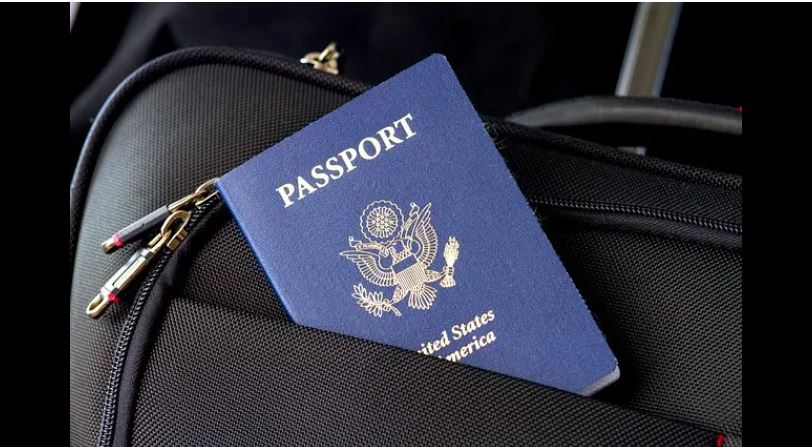PORT-OF-SPAIN, Trinidad, Oct 15 2015 – The Caribbean Court of Justice (CCJ) today delivered judgment in a case that had been before the courts in Barbados since 1988.
The CCJ dismissed the appeal of Mr. Timothy Walsh, an Australian-born farmer residing in Barbados, and ordered Mr Stephen Ward to transfer ownership of a 125 acre farm to Mr Bjorn Bjerkham.
In return Bjerkham was ordered to pay Ward Bds$1,500,000.00, less the deposit of $50,000.00, together with interest at 6% from the 24th April, 1998 until the date of payment.
The case hinged upon the fact that Walsh had originally entered into a lease agreement with Ward in relation to a part of the plantation and had made a number of improvements to the estate. He had also expressed a desire to purchase the property but he and Ward never agreed to any terms.
Ward did promise that he would give Walsh an opportunity to match any firm offer that he received.
During the period that Walsh was on the property, Ward accepted an offer from Bjerkham for Bds$1.5 million and received a deposit of $50,000 for the property. Ward then asked Walsh to match this offer. Walsh countered with a sales proposal of his own but said to Ward that if he, Ward, did not accept the counter-proposal, Walsh would match Bjerkham’s offer. Walsh, however, did not put up any deposit. After learning that Ward had accepted a deposit from Bjerkham, Walsh instituted legal proceedings against Ward and Bjerkham.
In determining whether the plantation should be sold to Walsh or Bjerkham the CCJ said that it was necessary for the Court to make a thorough review of the facts of the case. The Court then determined that Walsh could not establish the required elements of the doctrine of proprietary estoppel on which Walsh relied. Proprietary estoppel holds that a person making the claim must prove that there is a reasonable assurance from the landowner that they would have ownership of the land, that the person would have acted on that assurance and that actions of the landlord have proved detrimental.
The Court found that Walsh had laid out money on the farm for his own business interests and not because he was encouraged to do so by any representation made by Ward. The Court also found that Walsh did not acquire a right of pre-emption to purchase the Plantation since the alleged contract between himself and Ward was merely an unambiguous promise to give information of the situation to Walsh and leave it to him to make an offer to purchase if he so chose.
In its judgment today the CCJ deplored the length of time the case remained in the system and urged the Barbados judiciary to take steps to address the problem of delay in the judicial process and ensure that citizens enjoy the benefit of the constitutional promise of a fair and expeditious resolution of disputes.
In today’s judgment the CCJ also set out guidelines for lawyers in Barbados for instances when a judge of the Court of Appeal is asked to be recused from hearing a case. The CCJ found that two of the judges who had heard the case, when it was before the Court of Appeal in Barbados, should have recused themselves.




